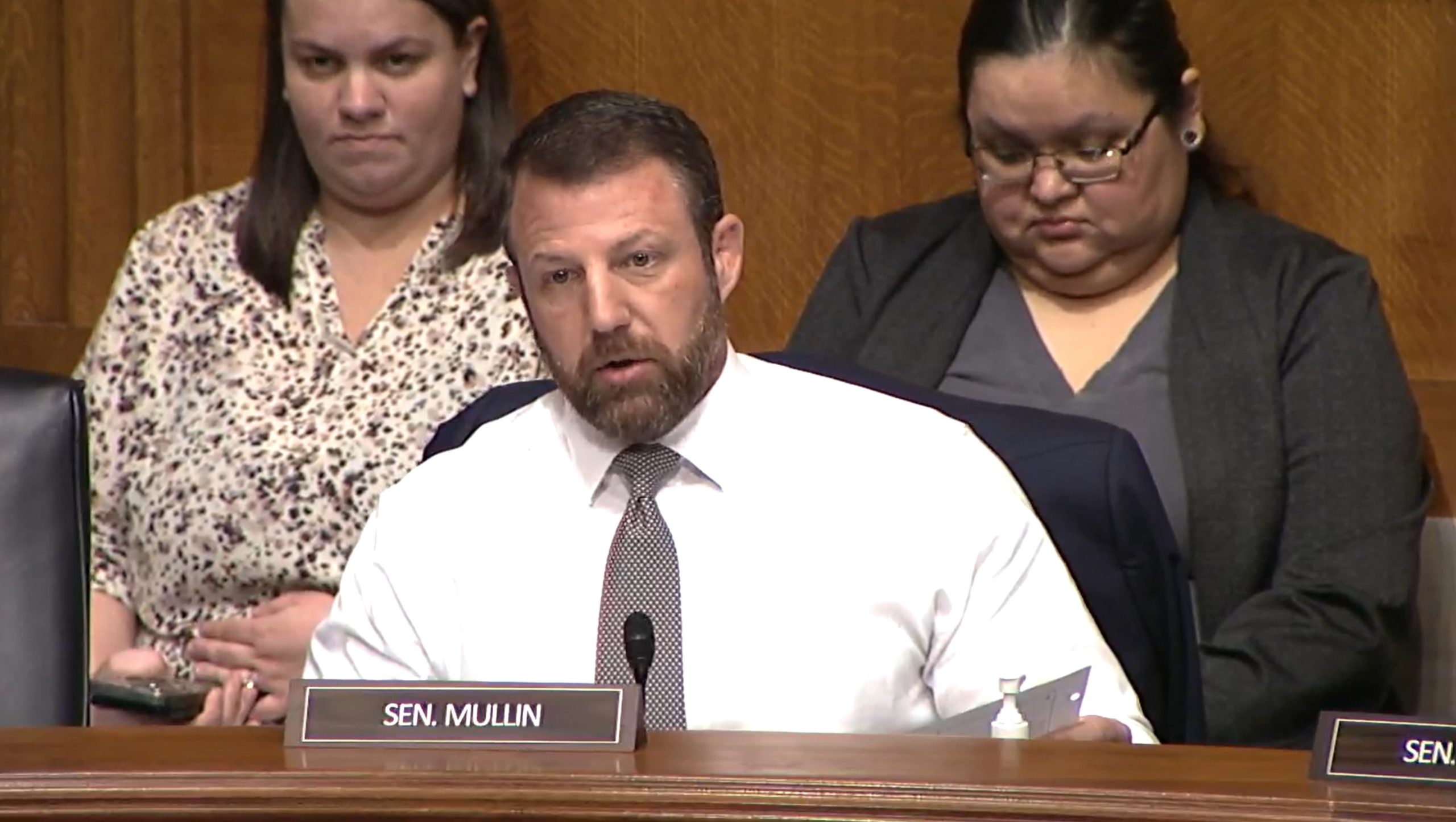Podcast: Play in new window | Download | Embed
A resolution ends a long-term investigation into the Rapid City Area School (RCAS) district orbiting claims of discrimination toward Native students.
Some of the findings, published this week, are 14 years in the making.
South Dakota Public Broadcasting’s C.J. Keene reports.
Beginning in December of 2010, the U.S. Department of Education Office of Civil Rights started looking closely at the districts disciplinary record toward Native students.
The investigation found Native students were disciplined more harshly than white counterparts.
Superintendent Nicole Swigart says the district has been complying with the Department of Education’s investigation for over a decade.
She also says the district is already making efforts to address issues noted in the resolution.
“Since 2010 we have changed a ton of things including our attendance policy, our truancy referrals, our discipline matrix, we’ve added restorative justice, we’ve added conscious discipline – we’ve really worked at making sure all our staff is trained in that work.”
Swigart has a background as a title 1D principal and was not the superintendent in 2010 at the onset of the investigation. Title 1D is a Department of Education program focused on at risk youth.
“I’ve always said a kid could walk out the door 18 times and get dropped for non-attendance, but that 19th time might be the time they’re going to be successful. We’ve really worked at re-enrolling kids. When they come back, we’re going to re-enroll them. We are not a push-out program, we are a pull-in program.”
RCAS has the highest demographic of Native students out of any district in the state except those on reservations.
As a result, Swigart says ensuring Native students and parents feel seen is critical to the districts’ mission.
“I’ve really had an open-door policy for Native American issues – let’s sit down, what can we do together? I’ve gone down when a parent feels a situation at a building wasn’t handled correctly. I’ve met with them outside the school or outside of my office because I don’t want it to be an intimidating conversation. I want to hear what they have to say.”
Year-over-year, the district reports a significant increase in the rate of Native students graduating, though Swigart says she wants to see that number climb further.
Native American Republican members of Congress from Oklahoma took to social media to respond to former President Donald Trump’s hush money trial where Trump was found guilty Thursday on 34 felony counts.
U.S. Rep. Tom Cole (Chickasaw Nation/R-OK) posted on Facebook, “This verdict against President Trump is a farce and weaponization of the courts. Thankfully President Trump is a fighter and will appeal and move forward. This is a sad example of political gamesmanship. We must restore faith in our Judicial system.”
U.S. Sen. Markwayne Mullin (Cherokee Nation/R-OK) said on X: “This is a very dark day in American history. The far-Left has unleashed a disgraceful, unprecedented assault on the leading Republican candidate for president. President Trump will fight this sham of a conviction, and the American people will have the ultimate word this November.”
As of early Friday morning, there were no social media reactions from the Democrats’ Native delegation in the House, U.S. Reps. Sharice Davids (Ho-Chunk/D-KS) or Mary Peltola (Yup’ik/D-AK).

(Courtesy Diné College)
Diné College and Arizona State University (ASU) have unveiled plans for a Bachelor of Arts in Navajo Law.
Officials say it’s a groundbreaking initiative aimed at fostering legal expertise within the Navajo Nation.
It’s being led by Patrick Blackwater, dean of the School of Business and Social Sciences at the tribal college, and advocated by Stacy Leeds, dean of the Sandra Day O’Connor College of Law at ASU.
Blackwater says there’s a need for legal professionals deeply versed in Navajo fundamental law, federal and state statutes, and Navajo Nation legal frameworks, which are crafted in the program.
Stacy Leeds says with the creation of the BA in Navajo Law, Diné College has taken a monumental step toward educating legal professionals who will address access to justice issues on the Navajo Nation and beyond.
The initiative was approved by Diné College Board of Regents in early May.
Get National Native News delivered to your inbox daily and stay up-to-date on the 2024 Native Vote. Sign up for our daily newsletter today.




